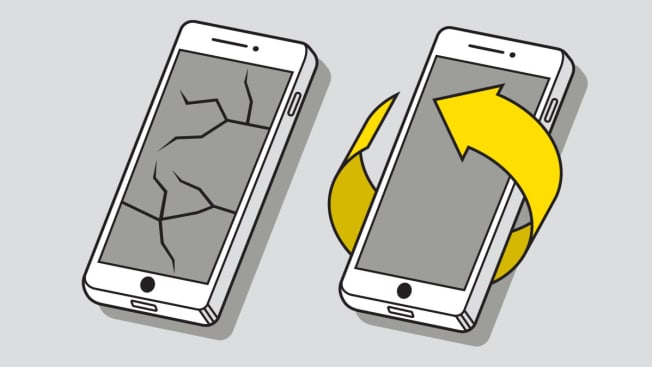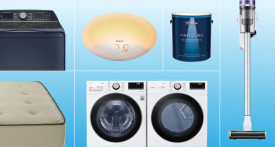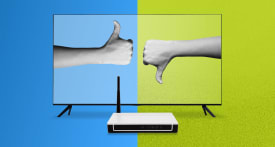Should You Buy Refurbished Electronics?
Pre-owned smartphones, laptops, tablets, and headphones can be a great deal—if you know what to look for

If you’re looking to save money, refurbished electronics can be a great option.
After all, you can get a 256GB iPhone 12 for $749. That’s roughly $130 off the price of a new one. And these days, you can find similar savings on popular headphones, speakers, laptops, tablets, and smartwatches.
The trick is making sure the product is genuinely refurbished, not simply cleaned up, repackaged, and repriced. And that requires asking some questions before you settle on a deal.
How to Make Sure You're Protected
Be sure to look into the seller’s warranty plan. eBay’s Certified Refurbished products are protected for two years, using coverage provided by Allstate. Apple, Bose, Microsoft, and Samsung guarantee the refurbished items they sell for a full year. But at Amazon and Best Buy, the warranty is good for only 90 days (though Amazon does offer a full year on its Renewed Premium products). Dell offers a 100-day limited warranty.
Individual eBay sellers offer warranties, too, as does the refurbished marketplace Back Market, so don’t be afraid to raise the question.
Some credit card companies will extend coverage on refurbished goods, too, as long as they come with a preexisting warranty.
And last, ask about the return policy. It might take you a little while to notice poor performance and defects in a refurbished product, so it helps to have at least one month to decide whether you want to keep it.
Amazon exceeds that standard, offering a refund or replacement for 90 days if the product is not working as expected. Apple limits you to just 14 days. Dell allows 30 days for refurbished storage products and servers, but only 21 days for other items.
Here again, a credit card company may be able to bail you out if a vendor refuses to accept a return.
Have you ever purchased refurbished electronics?
When you shop through retailer links on our site, we may earn affiliate commissions. 100% of the fees we collect are used to support our nonprofit mission. Learn more.
















